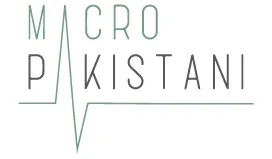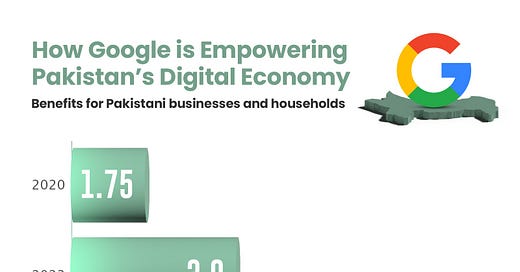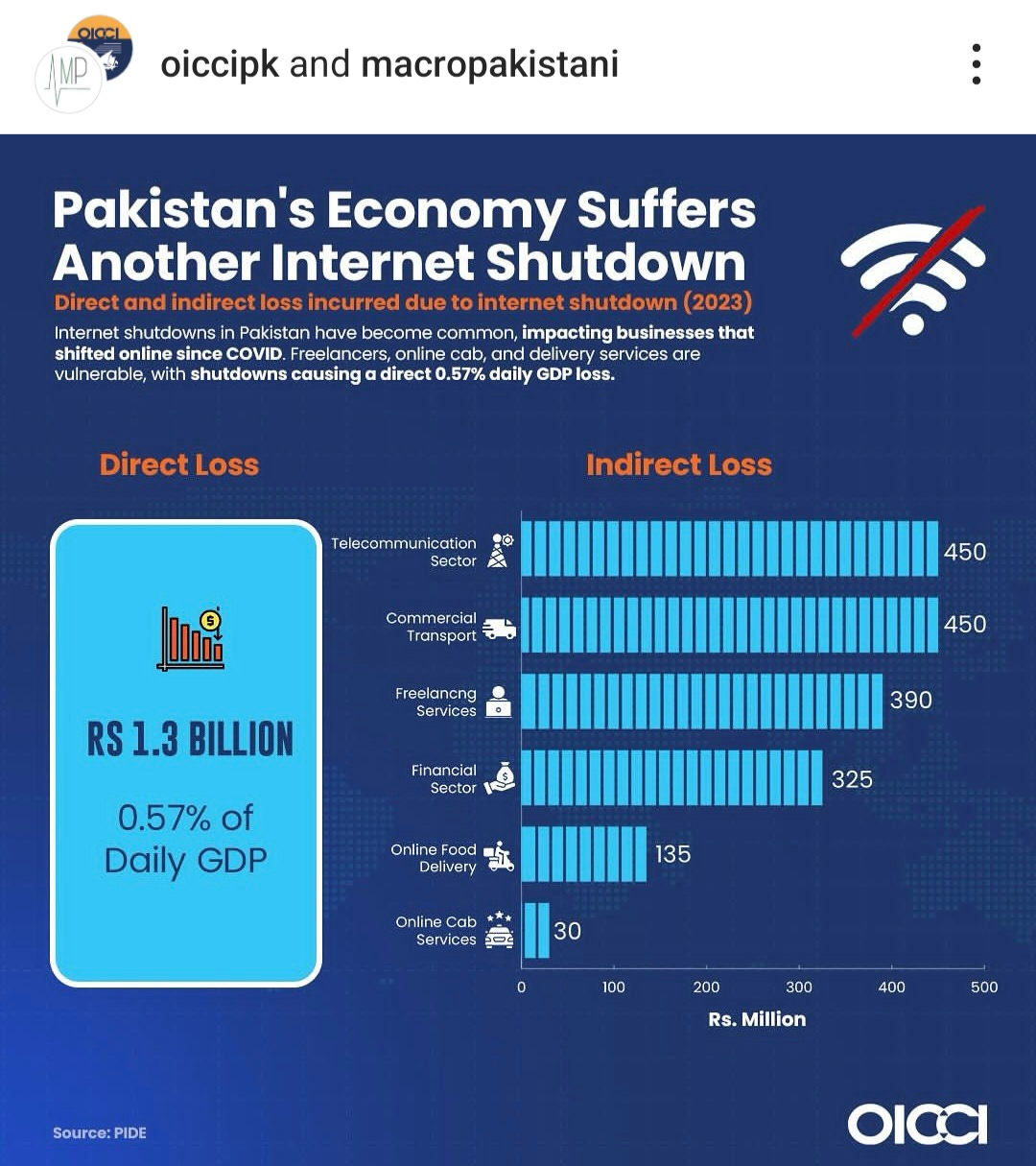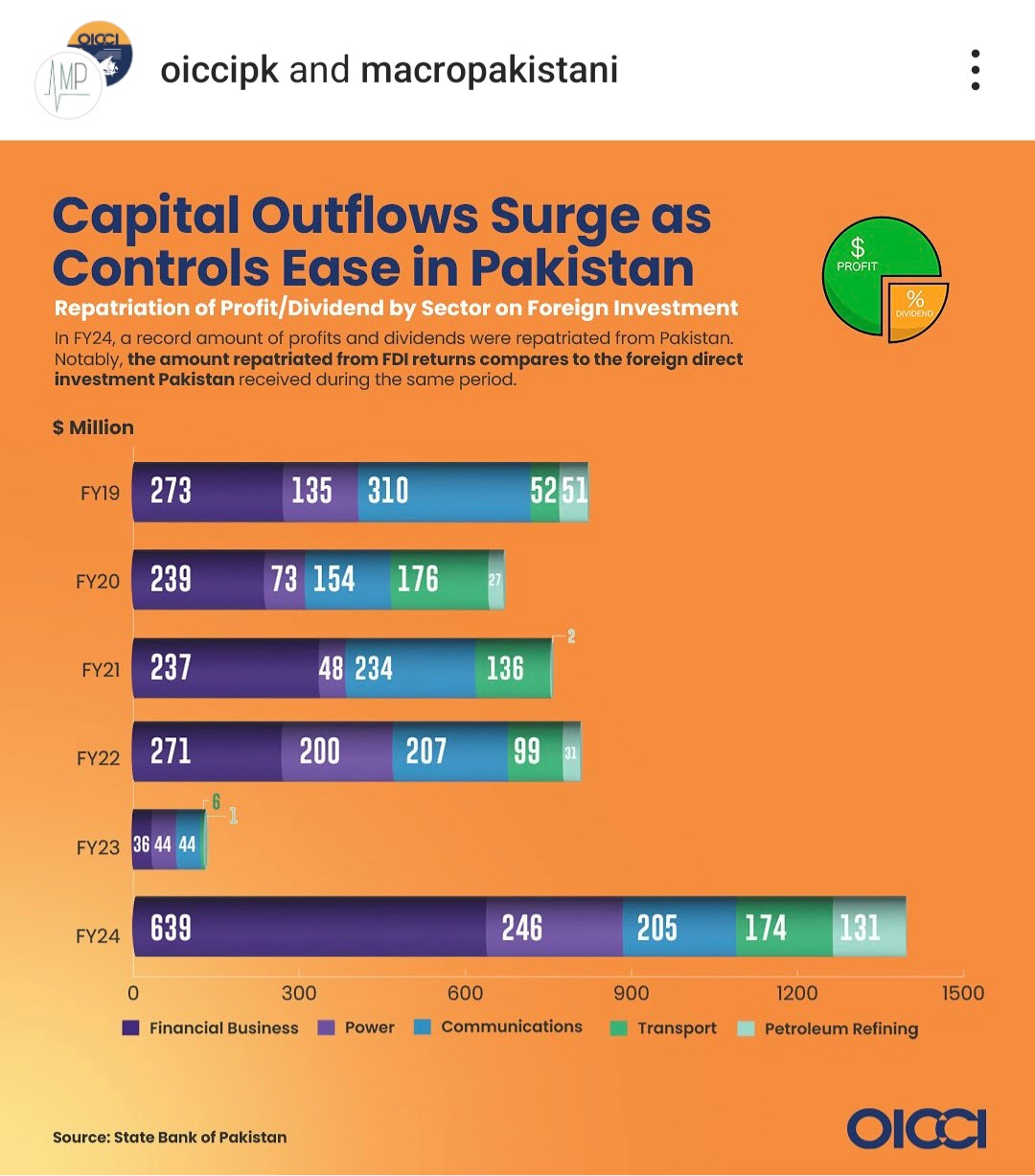Pakistan’s Digital Economy
In 2023, Google's AI-driven products and solutions significantly boosted Pakistan's economy, generating PKR 3.9 trillion in benefits for businesses and households, a 222% increase from 2020.

By 2030, fully embracing digital transformation could potentially generate up to PKR 9.7 trillion in economic value for Pakistan. The Pakistani government aims to enhance exports to support sustained economic growth and address macroeconomic challenges such as balance of payments issues, inflation, and rising unemployment. Digital technologies are poised to play a crucial role in this effort, with the potential to add USD 6.6 billion (PKR 1.8 trillion) annually to the country’s export value by 2030 through mobile apps, online video services, cross-border digital ads, e-commerce, and other digital services. This figure could rise significantly with supportive policies. The increase in digital exports will largely be driven by businesses leveraging digital technologies to create new exportable solutions, reduce costs of accessing international markets, and improve efficiency in export processes.
How can Pakistan implement policies to maximize the potential growth in digital exports?
To boost Pakistan’s digital exports, addressing the digital skills gap is essential. Currently, 80% of IT graduates lack relevant industry skills, highlighting a significant skills deficit. By closing this gap through digital skills training and adopting education technologies, Pakistan could add PKR 2.8 trillion to its GDP by 2030. Leveraging the country’s large, young workforce where two-thirds of the population is under 30 requires making digital skills training more accessible and utilizing education technologies to personalize learning and facilitate on-demand skill acquisition.
Building a future-proof economy in Pakistan involves leveraging digital exports and upskilling, with Google playing a significant role in this transformation. In 2023, Google's AI-powered products and solutions delivered PKR 3.9 trillion in economic benefits, a 222% increase from 2020. This growth was driven by helping Pakistani businesses digitize and access international markets. Google’s tools, including Search, Ads, AdSense, Play, Cloud, and YouTube, generated PKR 2.6 trillion in economic activity for businesses, with 58% benefiting small and medium-sized enterprises (SMBs). On the household front, Google’s services contributed PKR 1.3 trillion, a 526% increase from 2020, highlighting their impact on daily life through entertainment, efficiency, and access to information.
GRAPHIC
As we approach the first deadly anniversary of the October 7, 2023 events and near a year of the occupation state's genocidal actions against Palestinians in Gaza, now extending to the West Bank, it's crucial to reassess the situation based on recent developments and what we now understand.
First, it's important to recognize that the October 7 events were a consequence of longstanding colonial violence, not its origin. They resulted from 76 years of ethnic cleansing affecting 70% of the Palestinian population, 57 years of the longest occupation in modern history marked by a brutal apartheid system, and a 17-year siege on Gaza that has gone largely unnoticed by the world. Unless the root causes of the October 7 events are addressed—causes which have worsened due to the severe injustices inflicted by the occupying forces on Palestinians—the future will remain bleak for those who believed they could subdue Palestinian resilience.
Furthermore, the Palestinians in Gaza have shown unprecedented resilience and courage in the face of overwhelming injustice and suffering. Their steadfast resistance has thwarted the primary objective of Israeli aggression, which aimed to drive them from their land and ethnically cleanse them, many for the second time. The historical experience of Gaza’s residents, 70% of whom are refugees displaced from their homes in 1948, has significantly strengthened their resolve to endure.
In case anyone wants to contribute (to the Palestine solidarity campaign on Macro Pakistani) and send data-backed content, please feel free to send an email to fakiha.rizvi@brandnib.com
Pakistan seems to be reversing course in its journey toward becoming a digital nation, with a recent internet shutdown in August costing e-businesses 30% of their revenue. To become a thriving digital economy, Pakistan must prioritize affordable, equitable internet access and robust infrastructure, rather than stifling its own economy through shutdowns.
In FY24, a record amount of profits and dividends were repatriated from Pakistan, with the amount repatriated from FDI returns nearly equaling the foreign direct investment the country received during the same period. The sudden surge in repatriation stemmed from an unannounced suspension of repatriation in 2022-2023.
Macro Pakistanis who read this newsletter can directly give us feedback via Substack chat:
Data Visualization & Marketing Partner: Brand Nib
Visit: https://macropakistani.com/advertise/
Grateful for the ever-growing list of collaborators!
About Us: Macro Pakistani is a data-driven research platform that aims to provide a basic understanding of Pakistan’s economy. If you have an interest in contemporary news but are currently overburdened with sensationalism and specialized vocabulary, we are the platform for you.
How are we doing? Please send us any questions, comments or suggestions by replying to this email.







